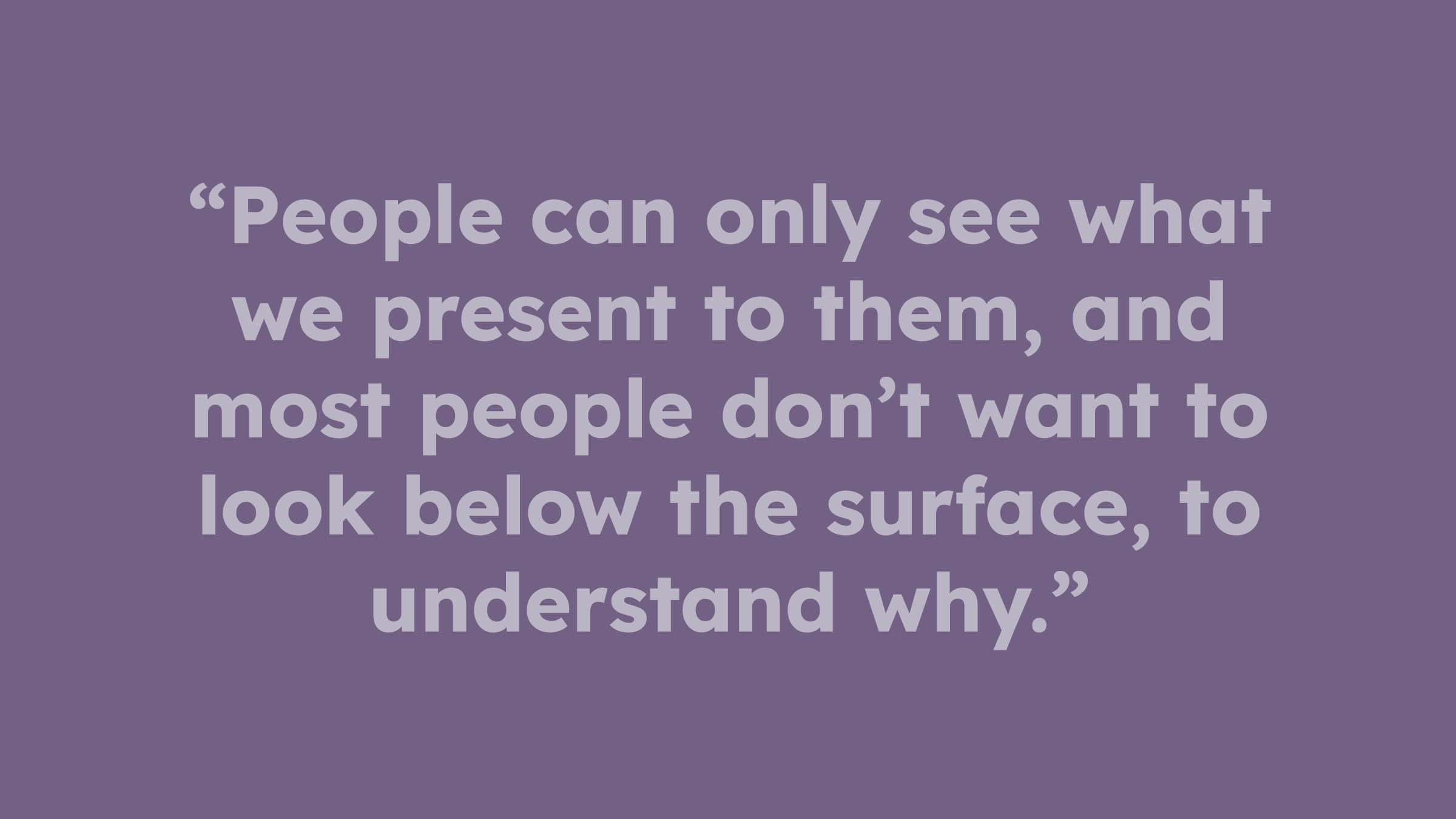Stigma is a big word. One I’ve been thinking a lot about since I was diagnosed with complex PTSD and addictions forty years ago. I grew up the son of a father whose drunkenness was often public. I felt overwhelmed with shame about him. As I grew older and my trauma-driven addictions grew worse, I too lost the respect of others and eventually my own self-respect.
People can only see what we present to them, and most people don’t want to look below the surface, to understand why. I admit that my addictions often presented the worse parts of me, and those parts had a deleterious effect on others. But, there were a number of compelling reasons why I chose to self-medicate: verbal abuse, physical abuse, sexual abuse, depression and anxiety. I don’t offer the list as excuses but in hopes of a better understanding from my peers.
We see the guy on the street, staggering, unkempt and loud and we think “drunk.” Or we see the guy in the alley with a needle hanging out of his arm and we think, “junkie.” Those terms have a negative connotation. It’s a kneejerk reaction. But do we really know what those people have gone through? Do we really know who they are?
As a therapist treating people with trauma and addictions, I have interviewed thousands of addicts/alcoholics over the past thirty years. Almost always my first impressions and judgments of others are wrong. I am consistently amazed at what these people have gone through. I believe they deserve our compassion and encouragement to find the better parts of themselves as I have had the good fortune to do. If we can, our society will be better for it. Let’s all try to look below the surface and understand people better!




Comments